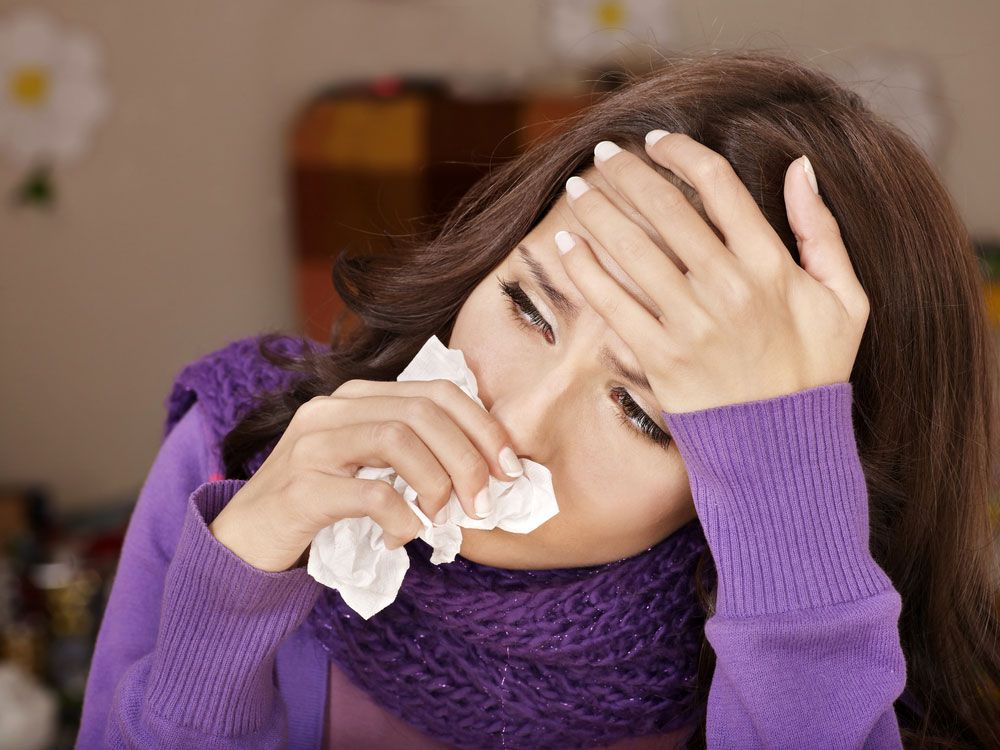The common cold, caused by various viruses, is a pervasive ailment that affects people year-round. While it is typically a mild and self-limiting illness, its symptoms can be unpleasant and disrupt our daily lives. Seasonal changes, in particular, can make us more susceptible to upper respiratory infections, including the common cold.
Prevention is Key
Preventing the common cold is always better than treating it. Practicing good hygiene, such as frequent hand washing and avoiding close contact with infected individuals, is essential year-round. During the cold season, it is especially important to bundle up, as exposure to cold weather may weaken your immune system, making you more susceptible to viruses. Wear appropriate clothing and consider a flu vaccine to further bolster your defenses.
Boost Your Immune System
A strong immune system is your best defense against upper respiratory infections. Maintain a healthy lifestyle year-round by eating a balanced diet rich in fruits, vegetables, and whole grains. Adequate sleep, regular exercise, and stress management are also crucial to keep your immune system in top shape. In addition, consider immune-boosting supplements like vitamin C, zinc, and echinacea.

Stay Hydrated
Proper hydration is essential for overall health and can help prevent and manage upper respiratory infections. Drinking enough water thins mucus secretions and helps your body eliminate toxins more effectively. During the colder months, dry indoor air can contribute to dehydration, so be sure to drink plenty of water, herbal teas, and clear broths.
Maintain Good Respiratory Hygiene
Practicing good respiratory hygiene is important in preventing the spread of cold viruses, especially during the cold season. Cover your mouth and nose with a tissue or your elbow when sneezing or coughing, and dispose of tissues properly. This can help reduce the transmission of the virus to others.
Over-the-Counter Remedies
When you do catch a cold, over-the-counter cold medications can provide relief from symptoms. Decongestants, antihistamines, and cough suppressants can help alleviate congestion, runny nose, and coughing. Be sure to follow the dosage instructions and consult a healthcare professional if you have any concerns or underlying health conditions.
Herbal and Natural Remedies
Herbal and natural remedies have been used for centuries to alleviate cold symptoms. Ingredients like honey, ginger, garlic, and lemon can soothe a sore throat, suppress coughing, and boost your immune system. Hot herbal teas and steam inhalation with essential oils can also provide relief.
Rest and Sleep
Rest and sleep are vital for your body’s recovery and healing. When you have a cold, listen to your body and take time to rest. Adequate sleep helps your immune system function optimally, making it easier for your body to fight off the infection and Learn more.
Humidify Your Environment
During the cold season, indoor heating systems can dry out the air in your home. Using a humidifier can add moisture to the air, which can relieve dry throat and congestion. It is especially helpful at night when you are sleeping.
Upper respiratory infections, including the common cold, can affect us in every season, but with proper care, we can minimize their impact. By practicing prevention strategies, maintaining a strong immune system, and using various remedies to alleviate symptoms, you can reduce the discomfort associated with colds and ensure your upper respiratory health remains robust year-round.